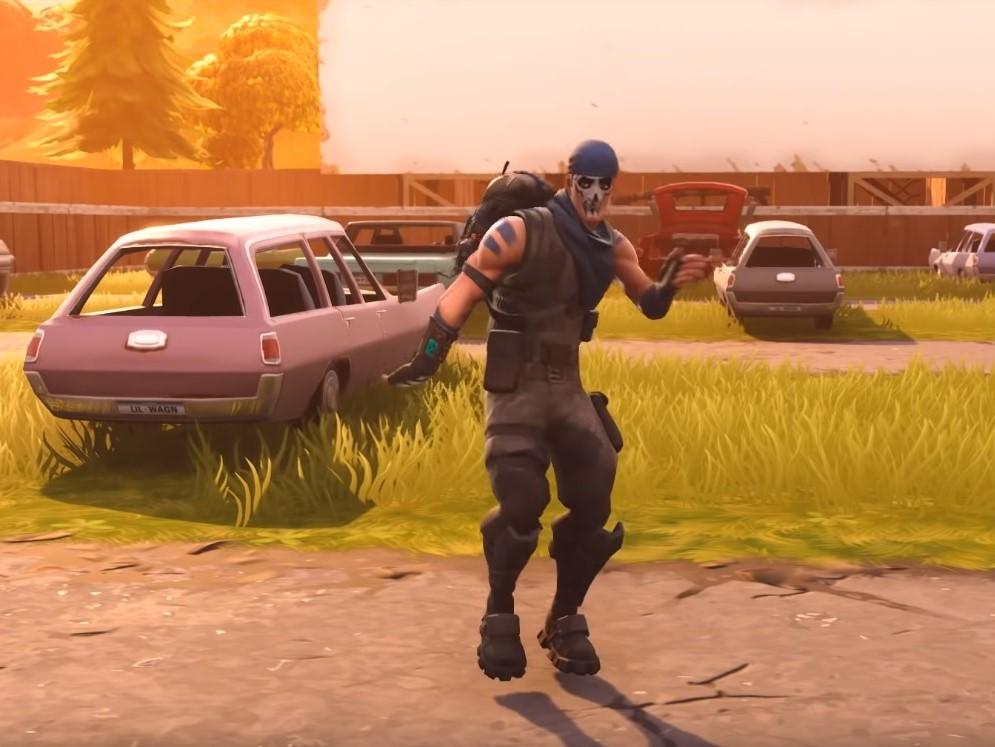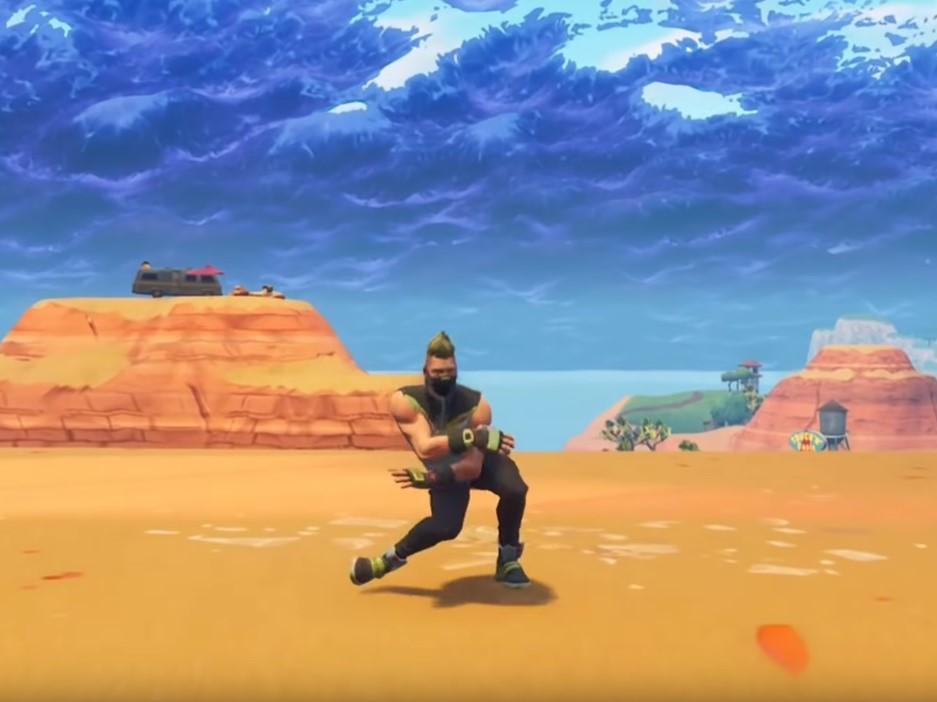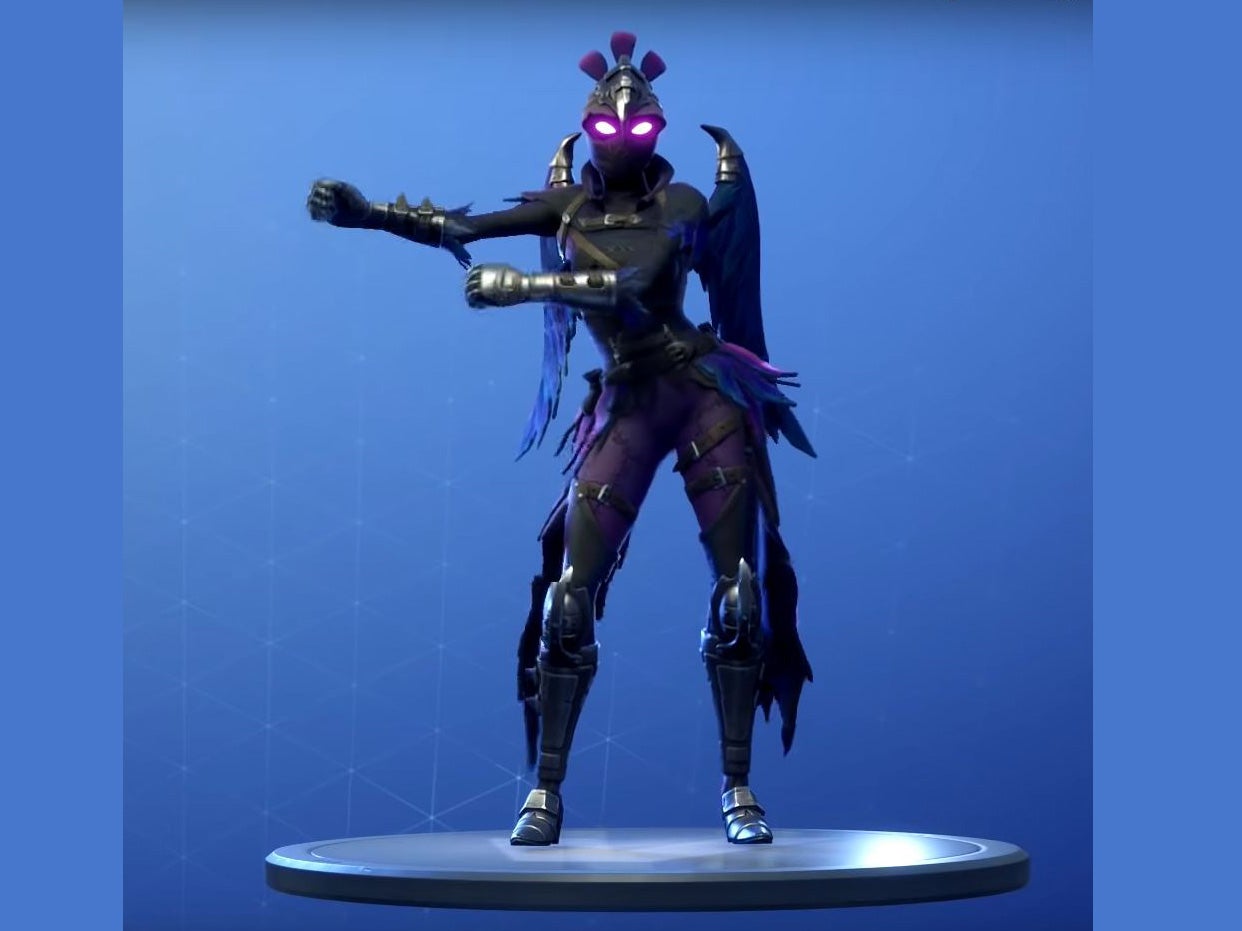Fortnite dance lawsuit sparks Epic Games response: 'No one can own a dance step'
Copyright lawyer tells The Independent rapper 2 Milly and other plaintiffs could make a 'better argument' to sue over the emotes

The creator of the hugely popular video game Fortnite has urged a judge to throw out a lawsuit by the rapper 2 Milly, who claims a viral dance move he created was used in the game without his consent.
According to defence lawyers for Epic Games, the musician's dance moves are not subject to copyright laws because "no one can own a dance step."
The lawsuit centres around the 'Swipe It' dance emote that can be obtained as a reward in the online Battle Royale game.
Plaintiff Terrence Milly, who goes by the name 2 Milly, argues that the dance move is based on a choreography he created in 2014 called the Milly Rock.
Epic Games' lawyers claimed in the motion to the Californian Judge that "individual dance steps and simple dance routines are not protected by copyright," though copyright experts believe there is a strong counter argument to this claim.
There appears to be no legal precedent to copyrighting dance moves, according to Sam P. Israel, an intellectual property attorney who handles copyright and trademark cases. However, there is a prior lawsuit that is "highly analogous" to the issue of protecting dance moves.
"Perhaps the most comprehensive assessment of the copyrightability of movement is the October 8, 2015 opinion of the Ninth Circuit Court of Appeals in Bikram’s Yoga College v. Evolution Yoga," Mr Israel told The Independent.
"[The case] addressed whether a sequence of 26 yoga poses, and two breathing exercises described in Bikram Choudhury’s book, ‘Bikram’s Beginning Yoga Class,’ is entitled to copyright protection.
"The panel found that... the ‘Sequence’ as described in Choudhury’s book is an idea or process and therefore not susceptible to copyright protection as a compilation."
The section of the law to defend this describes the exclusion from protection for "any idea, procedure, process, system, method of operation, concept, principle, or discovery, regardless of the form in which it is described, explained, illustrated, or embodied in such work."

Despite this outcome, Mr Israel claims there is a better argument that does not appear to have been made by 2 Milly's legal team – to treat a dance move as a language or like musical notes.
"For musicians who write or compose original music and lyrics, the copyright laws work automatically to protect their work," he said.
"Here the so-called ‘swinging arms movement’ might be put in a larger context of communication. Beyond a mere process, in context the movements may be explained as physical manifestations of verse or music. If the body moves to music, is watching it really that different in terms of an aesthetic experience of listening to the music itself?"

The rapper is not the only person suing Epic Games over alleged copyright infringement, with several other dance moves within the game sparking legal action.
Actor Alfonso Ribeiro, who played Carlton on The Fresh Prince of Bel-Air, and Russell Horning, who goes by the name Backpack Kid, also filed complainst agains Epic Games in US District Court in Los Angeles in December.
Epic Games has previously said that it would not comment on ongoing litigation.
Join our commenting forum
Join thought-provoking conversations, follow other Independent readers and see their replies
0Comments